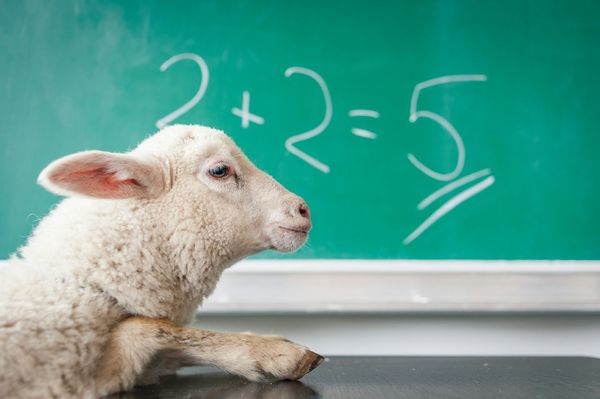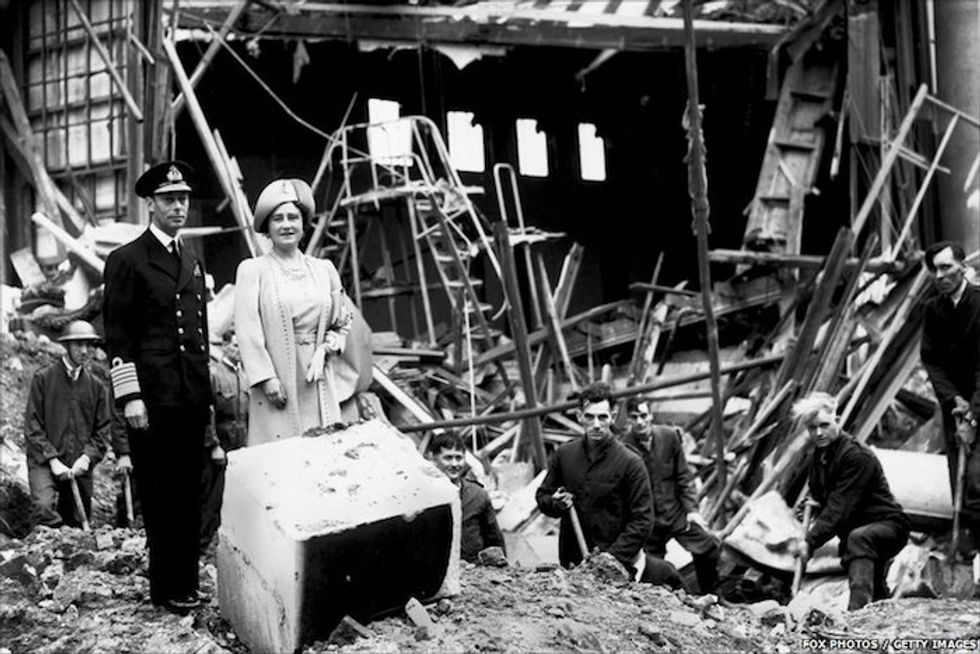Friday the 13th is synonymous with superstitions and bad luck. The date is infamous for being perhaps the unluckiest date in the Gregorian calendar - so much so that people, wary of misfortune, refuse to make important decisions, make business deals, get married, or refuse to fly on this supposedly fateful day.
But why is Friday the 13th considered unlucky? Find out the history and origins of its association with "bad luck" here:
A History of Bad Luck & Superstition
Though little is known as to when and where Friday the 13th first became a thing of infamy, some believe there is a possible biblical connection. At the Last Supper, Judas Iscariot the betrayer is said to have been the 13th guest to sit at the table. Jesus was then crucified the following day, a Friday. This has led Christian tradition to believe that Friday is a day of back luck - the exception ironically being Easter’s Good Friday.
The idea that Friday is fraught with bad luck continues on through history, and can be found in literature as far back as Chaucer’s Canterbury Tales in the 14th century: “And on a Friday fell all this mischance.” Then in the mid-17th-century, Western literature English dramatist Richard Flecknoe wrote, “Now Friday came, you old wives say, Of all the week’s the unluckiest day.”
Psychology Today explains how the number 13 itself is associated with negative connotations:
In addition, the number 13 is widely considered unlucky; this is related to the number 12 being viewed as natural or divine (12 months of the year, 12 Apostles of Jesus, 12 signs of the Zodiac, etc). The number 13 must be unnatural then or in violation of the sacred.
The convergence of the Friday and the number 13 as a two-punch combination of bad omens began to take hold in the public conscious by the late 19th century. The biography of Italian composer Gioachino Rossini, who died on Friday the 13th in 1868, claims the first known documented mention, and by the 1880s the myths and fears surrounding Friday the 13th became so popular that a group of 13 New York aristocrats formed the Thirteen Club to dispel all superstitions associated with the date.
Read more about the Thirteen Club and other interesting facts about Friday the 13th HERE.
The superstitions were perpetuated by British stockbroker Thomas Lawson, who in 1907 authored a novel about a fictional rogue businessman attempting to crash the stock market, inadvertently predicting the actual crash of 1929 and the subsequent Great Depression. The title of the book is “Friday the Thirteenth.”
Moving forward into the 20th century and beyond, more definitive references emerged, feeding into the scary and superstitious phenomenon we know today.
But Is Friday the 13th Really Unlucky?
Research has been inconclusive as to whether the date is truly unlucky, more so than any other day on the calendar, or if it is more of self-fulfilling psychological phenomenon. While a 2002 Finnish study concluded that there are more traffic deaths on this day, a 2008 Dutch study came to the opposite conclusion. A previous 1993 study conducted by the British Medical Journal found a 52 percent increase in traffic accidents, and actually concluded by advising that people stay home that day.
Two things all these studies have in common are small, limited sample sizes, and a lack of statistical data on the psychological effect a fear of Friday the 13th has on a person.
Igor Radun of the Human Factors and Safety Behavior Group at the University of Helsinki's Institute of Behavioral Sciences in Finland believes there is no proof that a number can ever be unlucky:
"No data exists, and will never exist, to confirm that the number 13 is an unlucky number [...] There is no reason to believe that any number would be lucky or unlucky."
Whether or not you believe Friday the 13th is unlucky, here is a list of some very unfortunate things that have happened on that infamous day.
October 13, 1307 – King Philip IV of France arrested thousands of the Knights Templar on trumped-up charges. Hundreds died due to excruciating torture and prison conditions.
November 13, 1789 – Benjamin Franklin wrote “Everything appears to promise that it will last; but in this world nothing is certain but death and taxes."
September 13, 1940 – Five German bombs hit Buckingham Palace during World War II. King George VI and Queen Elizabeth were nearly killed, one member of the royal staff died, and the palace chapel was destroyed.
June 13, 1952 – A Swedish military plane carrying a crew of eight disappeared over international water in the Baltic Sea.
November 13, 1970 – A huge South Asian storm killed an estimated 300,000 people in Chittagong, Bangladesh. Over one million died when the Ganges delta flooded.
October 13, 1972 – A Chilean Air force plane crashed in the Andes. The survivors had to eat the dead passengers for two months before they were rescued.
June 13, 1986 – The Olsen twins, Mary-Kate and Ashley, were born.
January 13, 1989 – The "Friday the 13th virus" infected hundreds of IBM computers across Great Britain, wiping out program files and causing widespread anxiety.
October 13, 1989 – The Dow Jones Industrial Average underwent the second largest drop it had ever experienced at that time.
September 13, 1996 – Rapper Tupac Shakur died from his wounds, six days after being shot multiple times in a drive-by shooting.
March 13, 2009 – "SAW – The Ride" premiered at an amusement park in England, only to be shut down due to "minor teething problems."
August 13, 2010 – Lightning struck a 13-year-old Suffolk boy at 13:13. The boy lived.
January 13, 2012 – The Costa Concordia cruise ship crashed off the western coast of Italy. Thirty people died.
Happy Friday the 13th – may you survive the day without misfortune!
Please SHARE this with your friends and family.
 COMICSANDS
COMICSANDS percolately
percolately georgetakei
georgetakei secondnexus
secondnexus george's picks
george's picks















